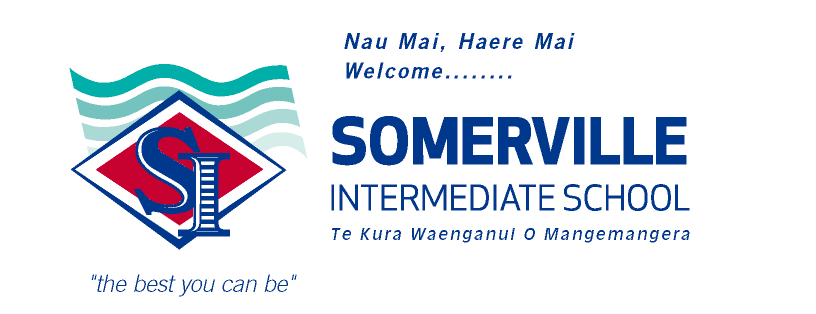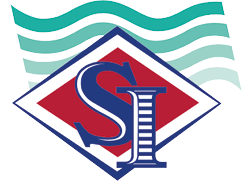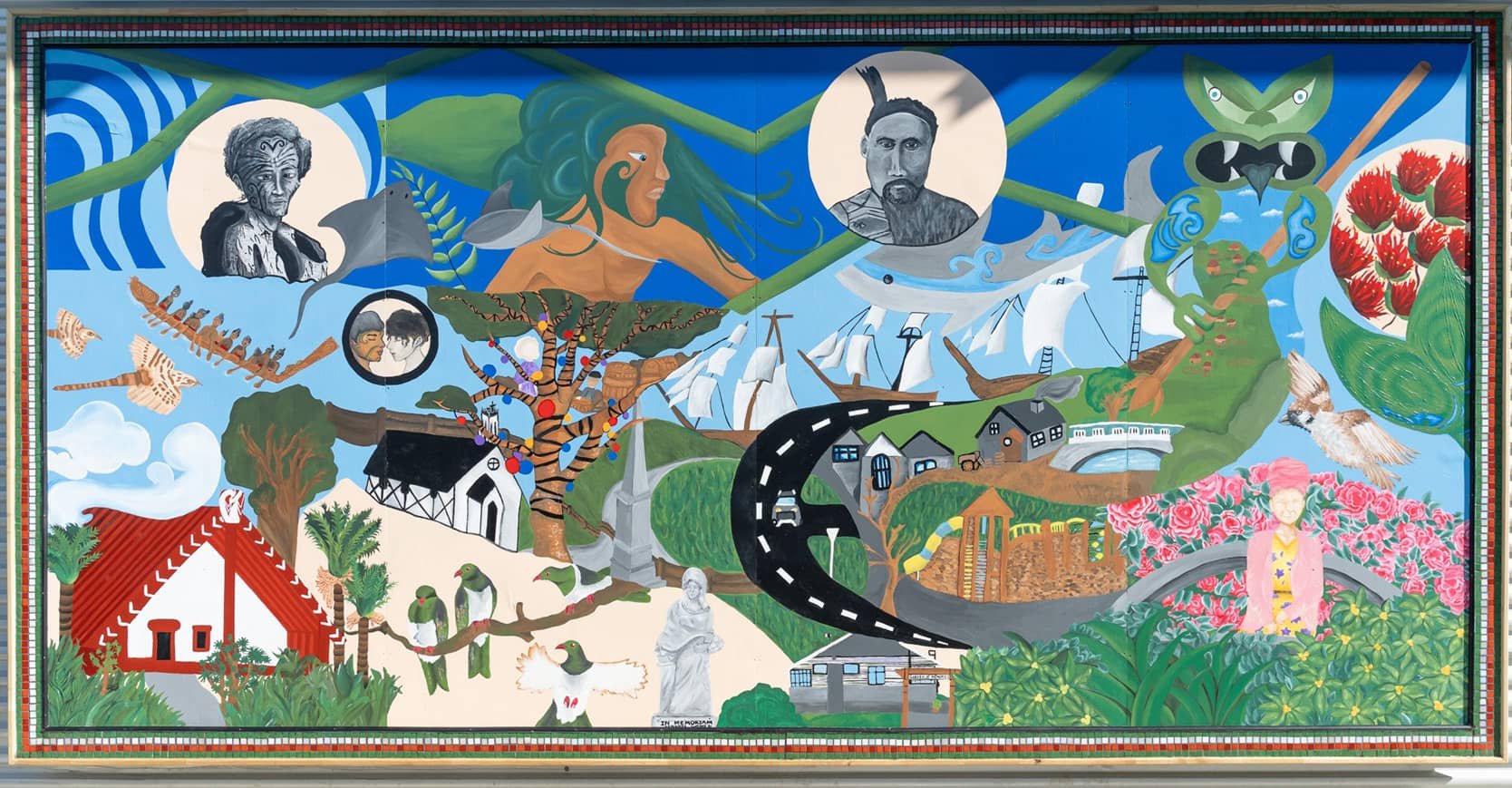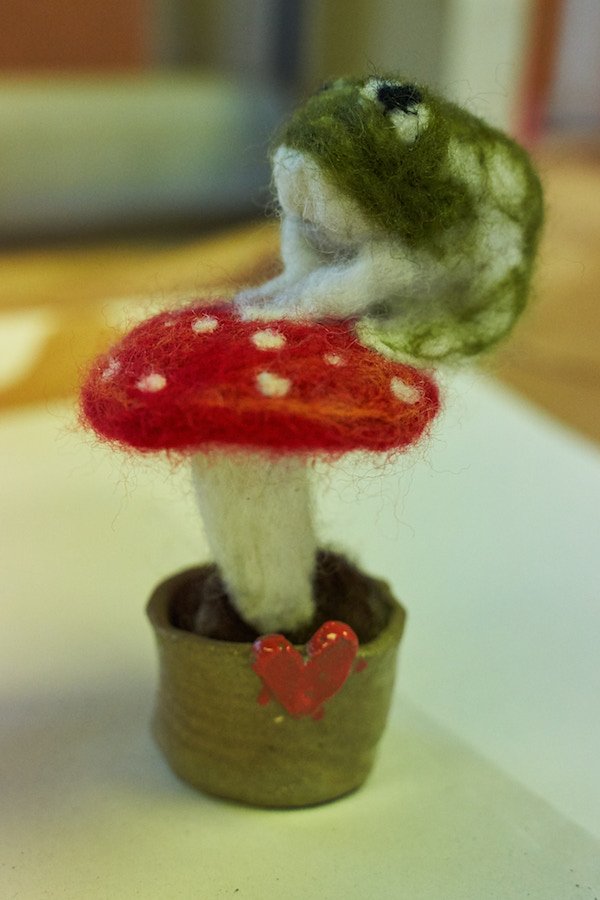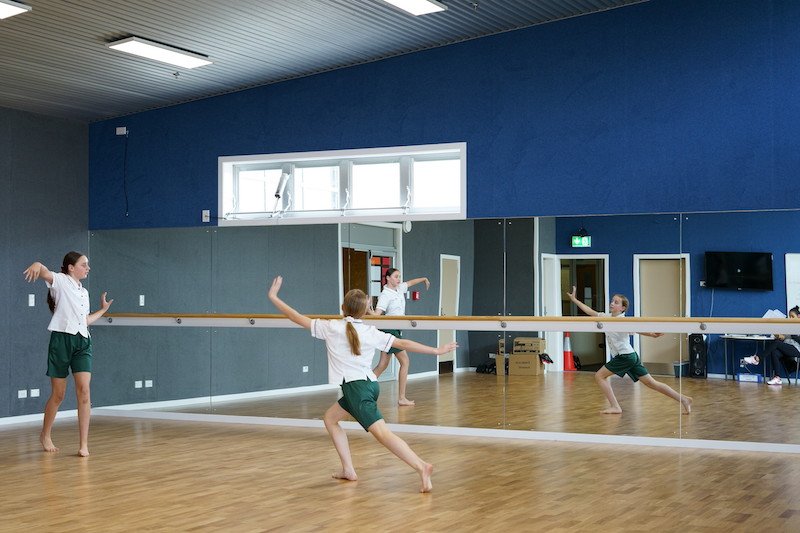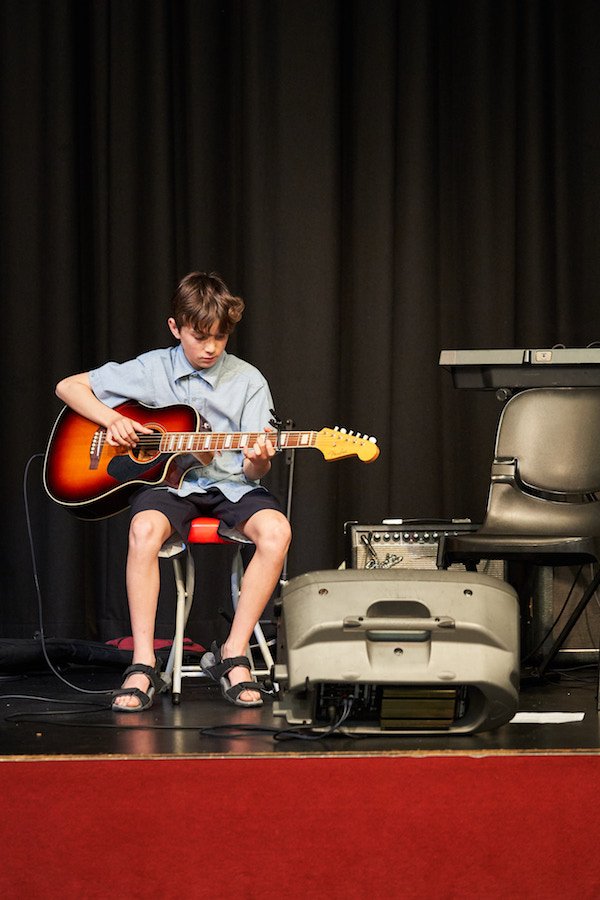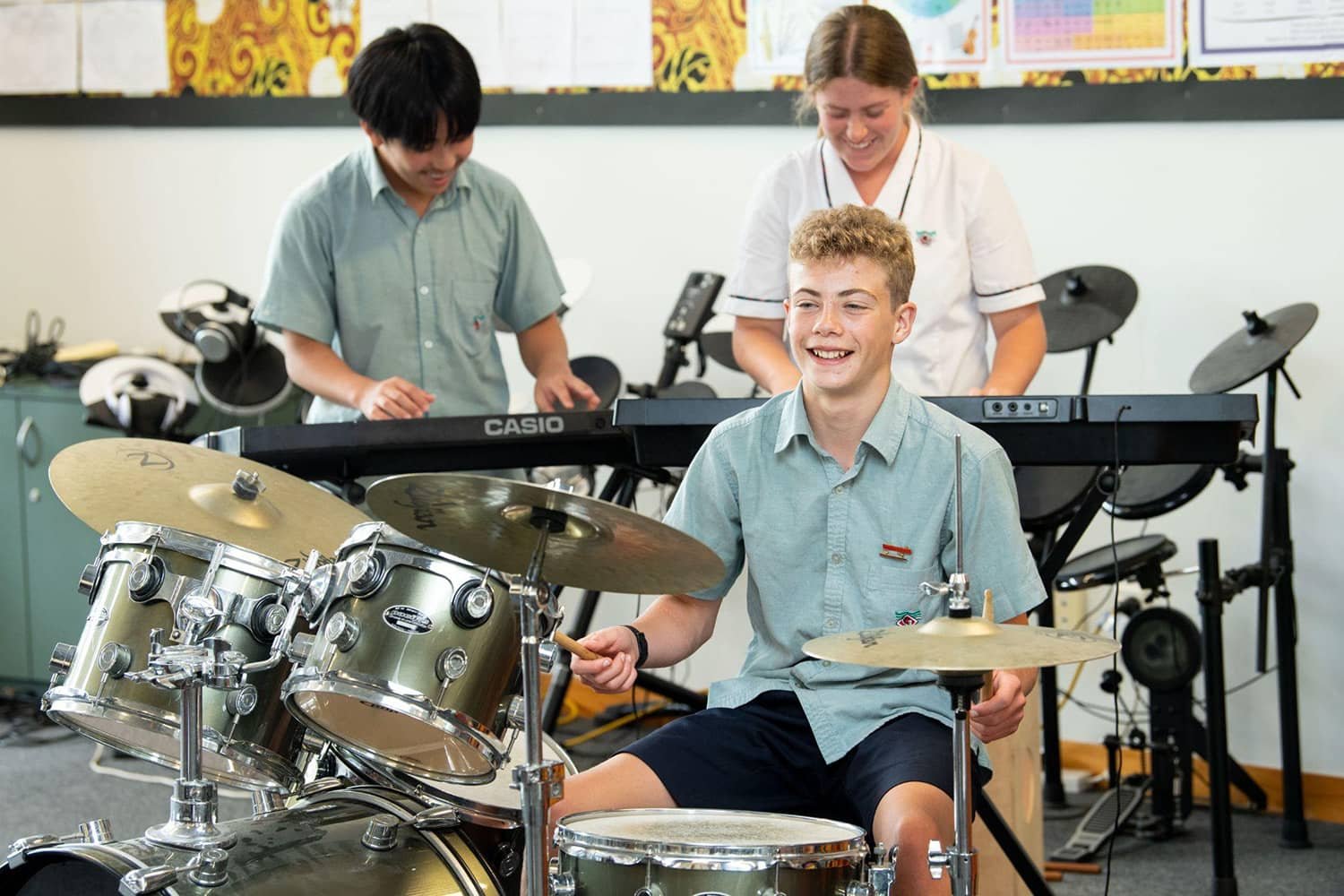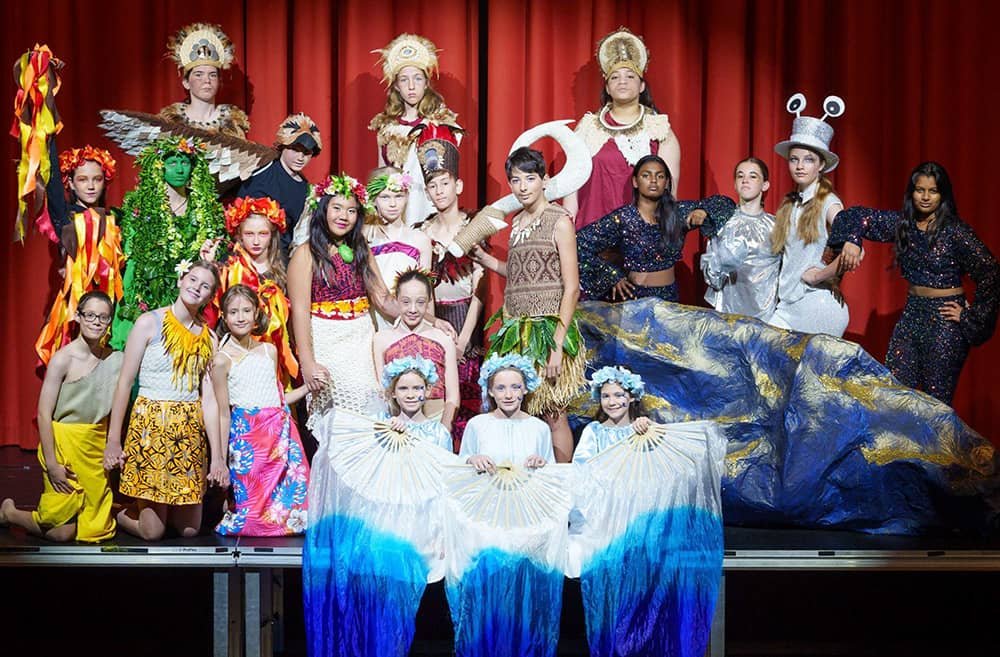Arts
There are three technology subjects run as part of our tech/spec rotations:
Dance and Drama
Music
Visual Arts
Year 7 students spend half a term in each technology.
Year 8 students choose 4 subjects for the year. They choose from the technology and specialist areas. In each subject area, they have 15 lessons.
Introduction of Arts Subjects
Visual Arts
-
Our Visual Arts programme nurtures creativity, critical thinking and technical skills. Students explore a range of media, techniques, and compositional strategies to develop their own visual ideas. They learn to apply the elements and principles of art - such as colour, line, space, and form - to communicate meaning and emotion in their work.
Through research and analysis, students investigate how artists from diverse cultures times, and places create and interpret art. They refine their ability to critique artworks, including their own, using appropriate art terminology. Our programme encourages experimentation, risk-taking, and problem-solving, helping students develop confidence in their artistic expression while making meaningful connections between Art, culture, and society.
-
Exploring the Elements of Art
In Year 7, students are introduced to a variety of artistic techniques and media, with a focus on the elements of art of line, space, shape, and colour. They experiment with drawing, painting, printmaking, and collage while learning how these elements build a composition and meaning in artworks.
-
Extending Skills and Exploring 3D Art
In Year 8, students build on the foundational skills from Year 7 while extending their understanding of art into more complex concepts and three-dimensional work. They refine their use of visual elements and principles, exploring sculpture, relief work, and mixed-media techniques. Students also analyse and apply compositional strategies, such as balance, contrast, and perspective, to strengthen their visual storytelling.
Music
-
Students have the opportunity to experience music within all four strands of the music curriculum.
-
This practical course introduces students to a variety of instruments, including piano, keyboard, drums, ukulele, and guitar. Students explore music composition using a digital platform and create their own songs. Integrated throughout the module are opportunities to learn fundamental music theory, apply the design process and explore cross-curricular connections. Throughout, students develop a range of capabilities and critical inquiry.
-
Building upon Year 7 foundations, the Year 8 music programme offers students a comprehensive musical experience. Students refine their skills on piano, keyboard, drums, ukulele, and guitar, culminating in a collaborative group performance. Practical challenges, such as a cultural music performance and a genre rewrite project, foster creativity and adaptability.
Students compose original songs using a digital platform and demonstrate their understanding of musical devices and studio techniques. Throughout the course, students explore fundamental music theory, apply the design process, and explore cross-curricular connections. Throughout, students develop a range of capabilities and critical inquiry.
Dance & Drama
-
Dance and drama at Somerville Intermediate provides a creative environment where students can develop performance techniques and confidence. It enhances coordination and the development of fine and gross motor skills, along with balance and spatial awareness. Students are motivated to think critically about how visual performance is used to tell stories and portray perspectives. Students are encouraged to critique and analyse the purpose and effectiveness of a performance to an audience. It enables them to explore their own cultural values and those of others, past and present.
-
Year 7 students develop:
Drama conventions to enhance storytelling techniques
Capabilities for collaboration
Communication skills through drama
Dance techniques and conventions: formations, unison, cannon, levels etc
Movement through pathways and formations
Dance routines
Build confidence, contribute ideas and say ‘yes’ to ideas offered.
-
Year 8 students develop:
Dance styles of the past
Persuasive performances
A whakatauki challenge
Character studies.
